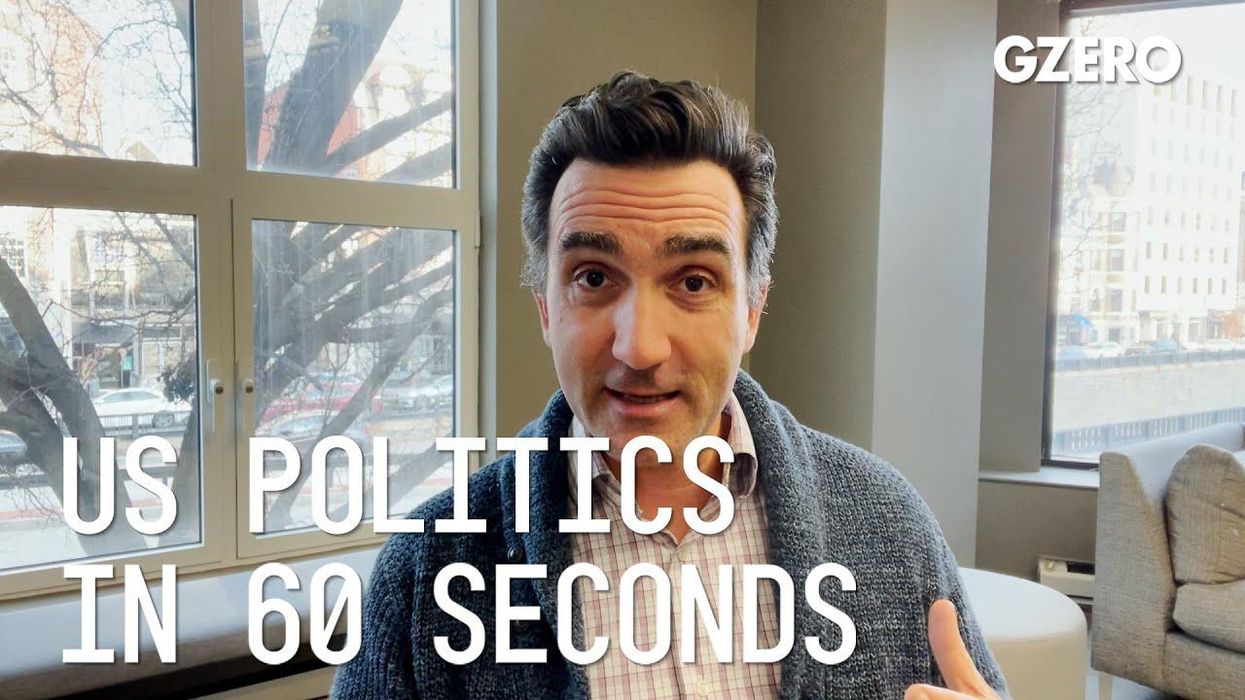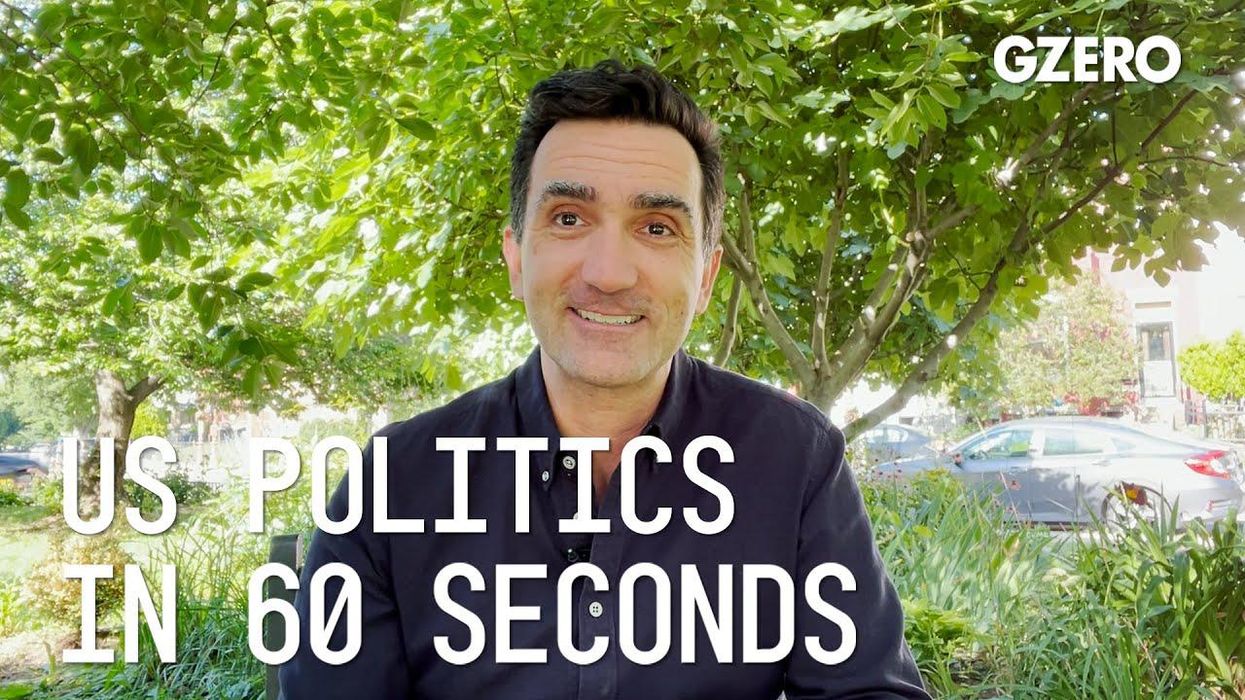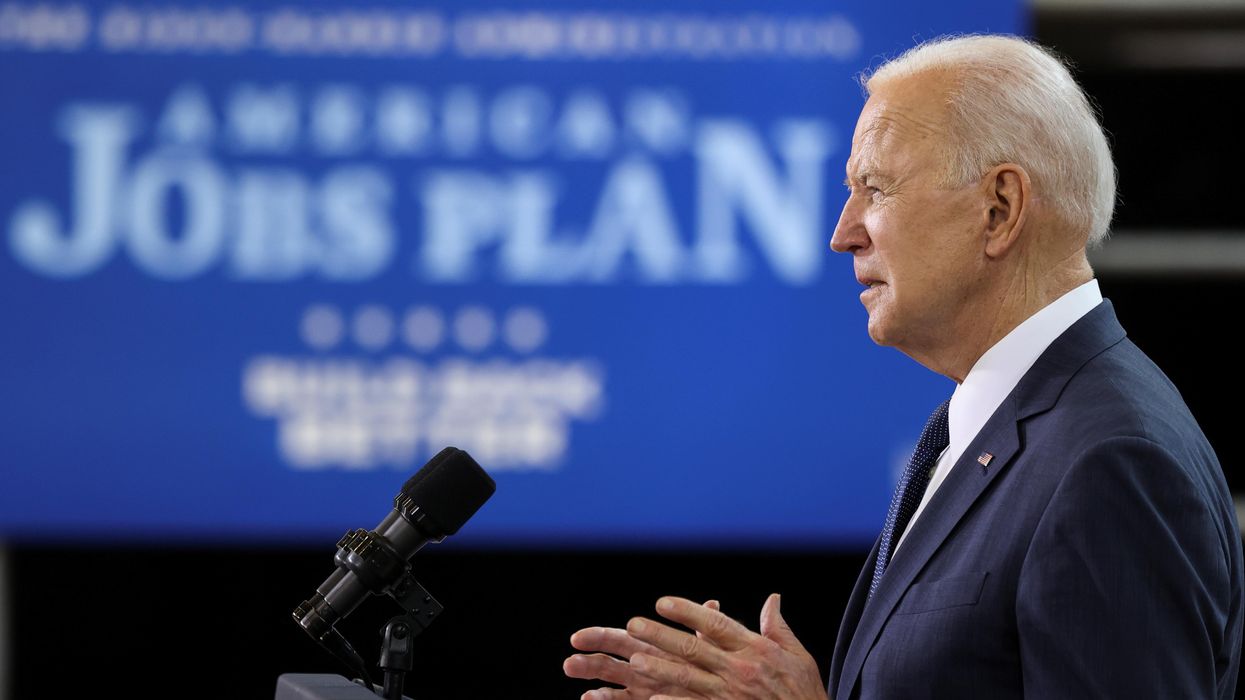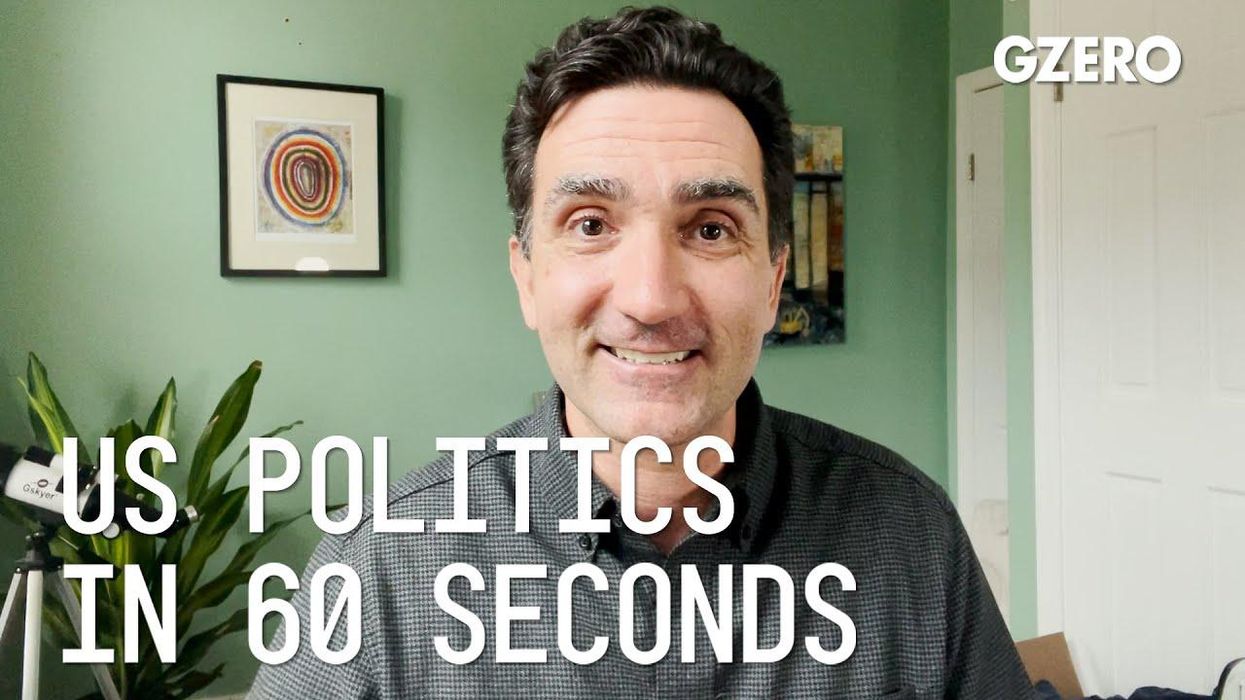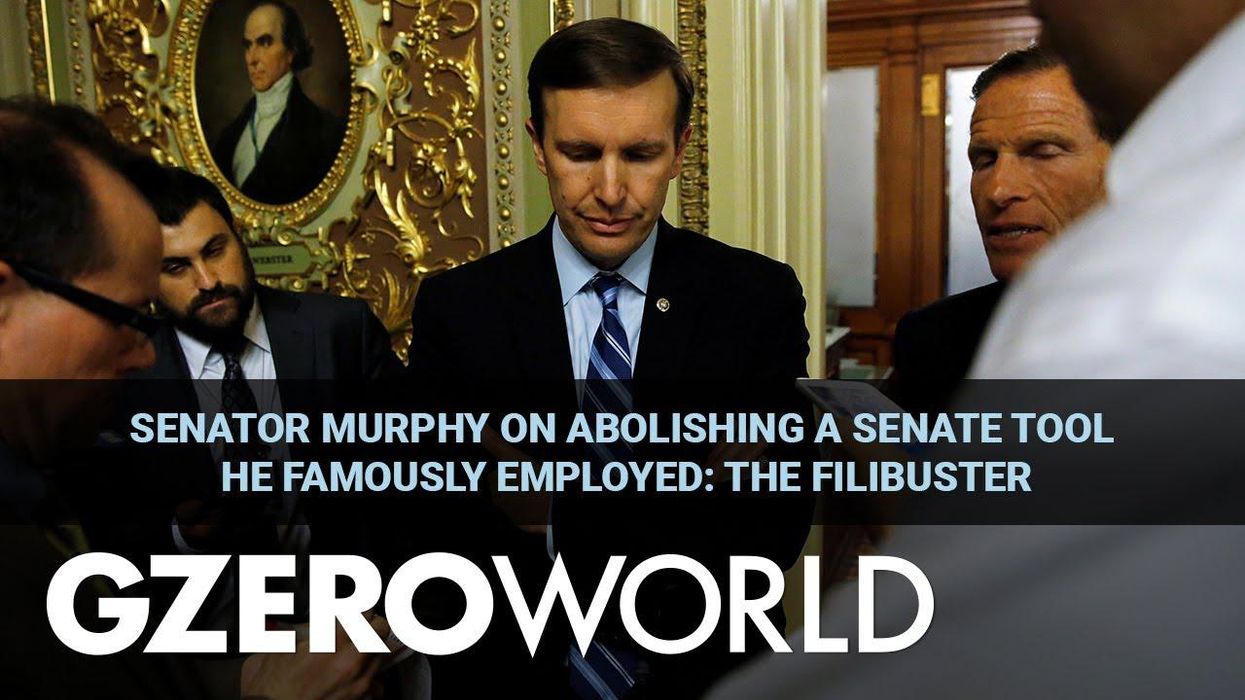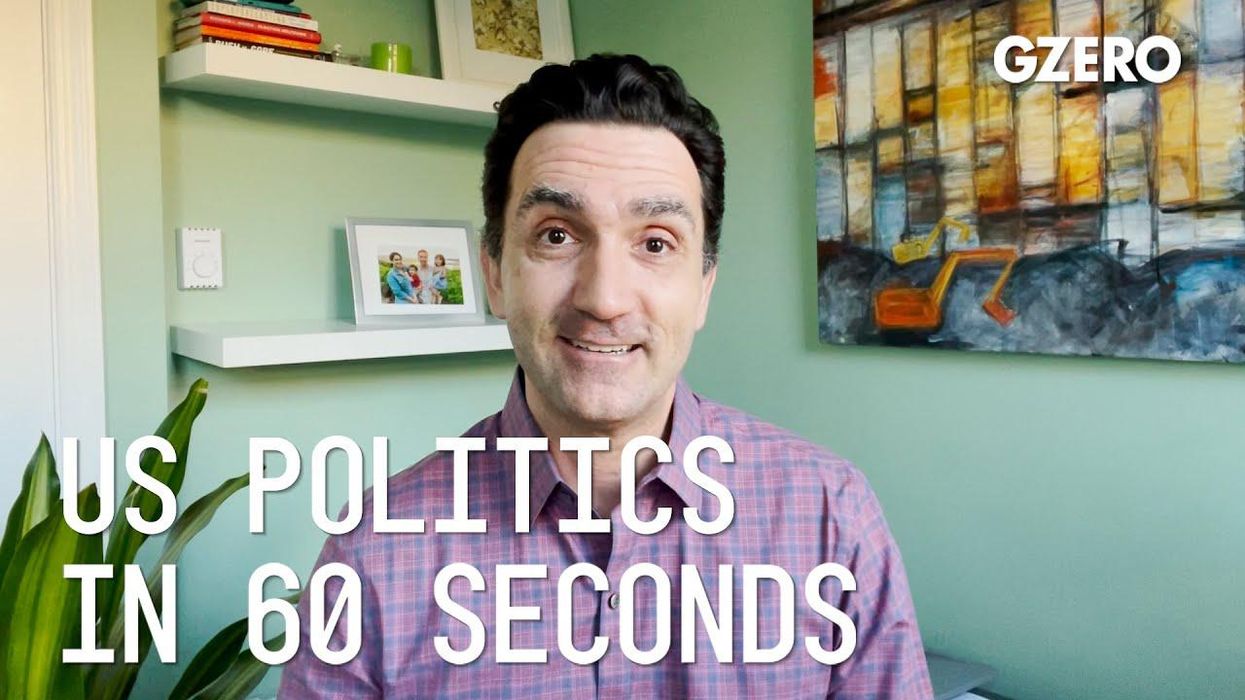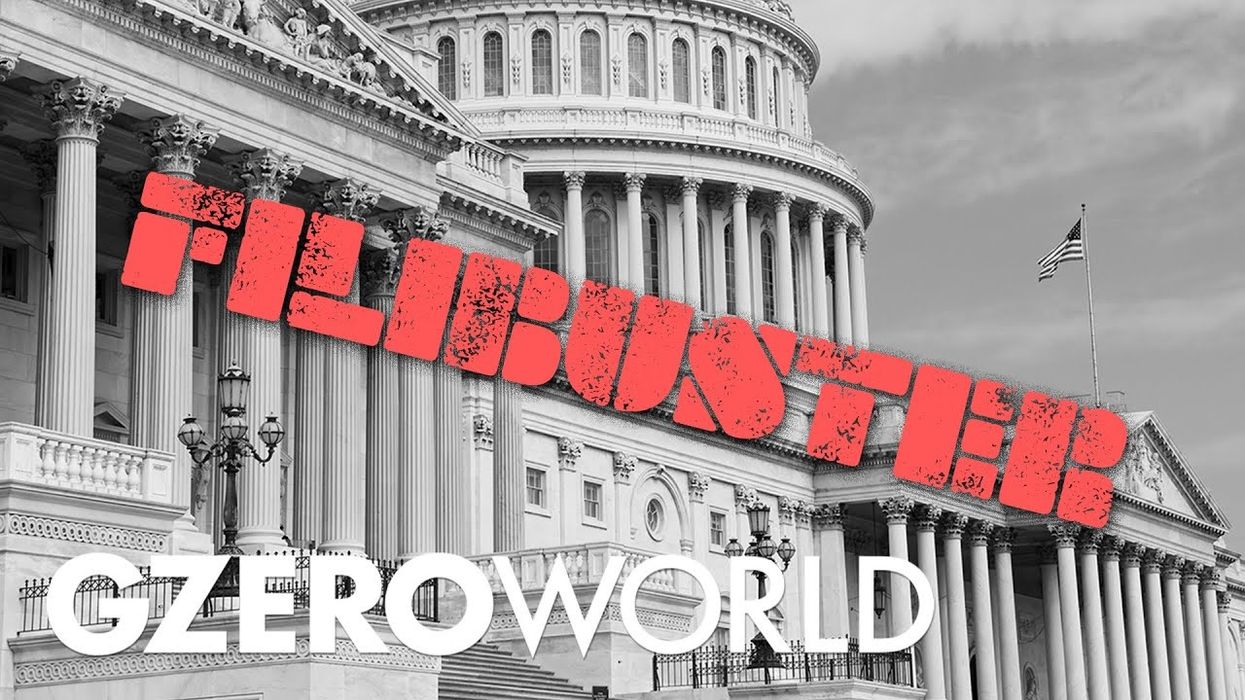US Politics In 60 Seconds
Voting reform bill will likely be blocked, but still a key issue for Democrats
What is the status on the Democrats voting bill? Jon Lieber, head of Eurasia Group's coverage of political and policy developments in Washington, discusses US politics.
Jan 20, 2022
